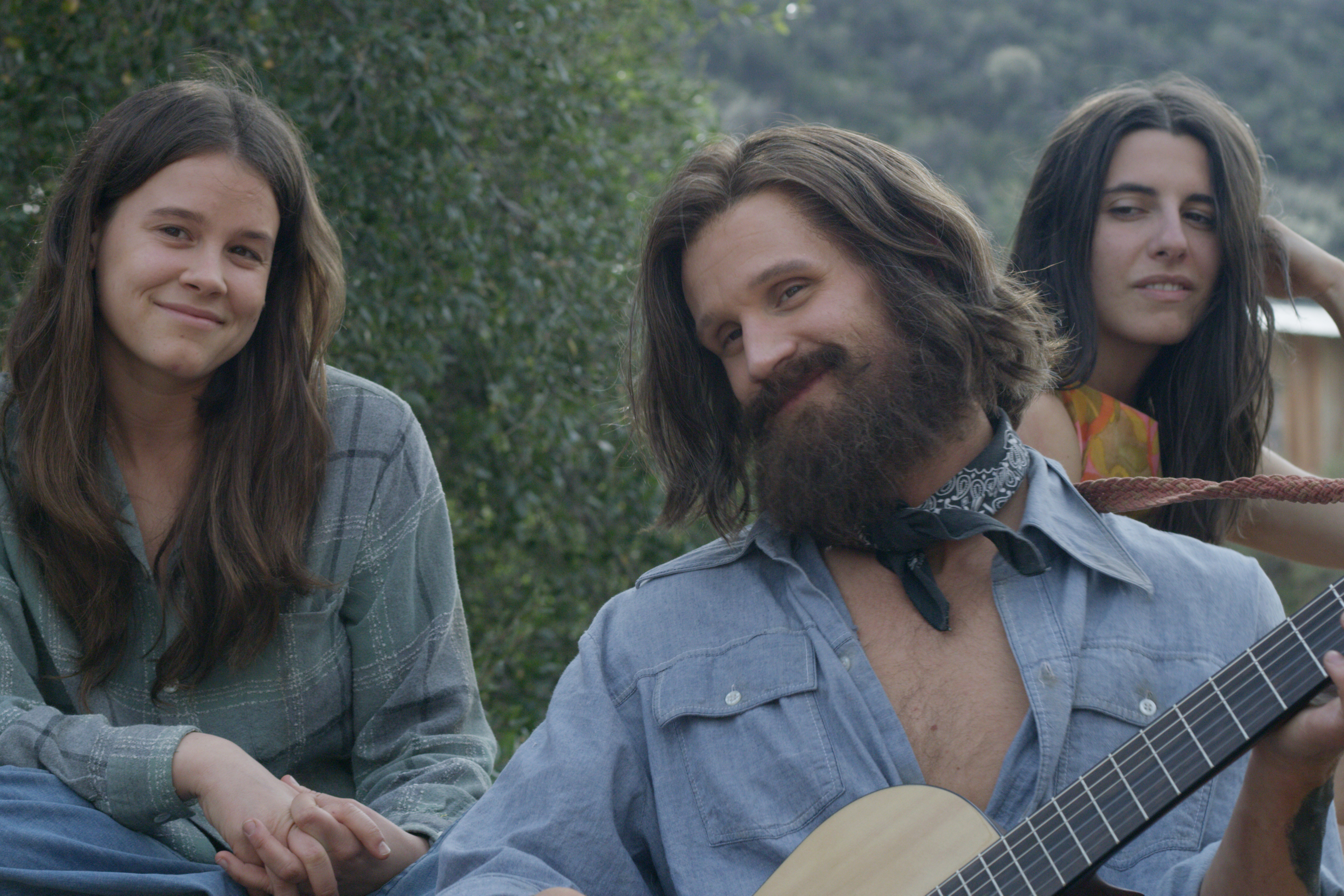
by Justin Lockwood | May 24, 2019 | Blog
Charles Manson’s crimes have long fascinated the American imagination, and this year’s fortieth anniversary of the murders has reignited interest. But is there anything more to say at this point? If anyone could add something new to the conversation, it’s...

by Justin Lockwood | Mar 2, 2019 | Blog
Biopics are a tricky beast. They can be vivid, galvanizing depictions of real life figures that bring their subjects to life with vigor and relevance: i.e. Milk. They can also be hackneyed, cliché messes that turn complicated lives into a series of familiar,...




